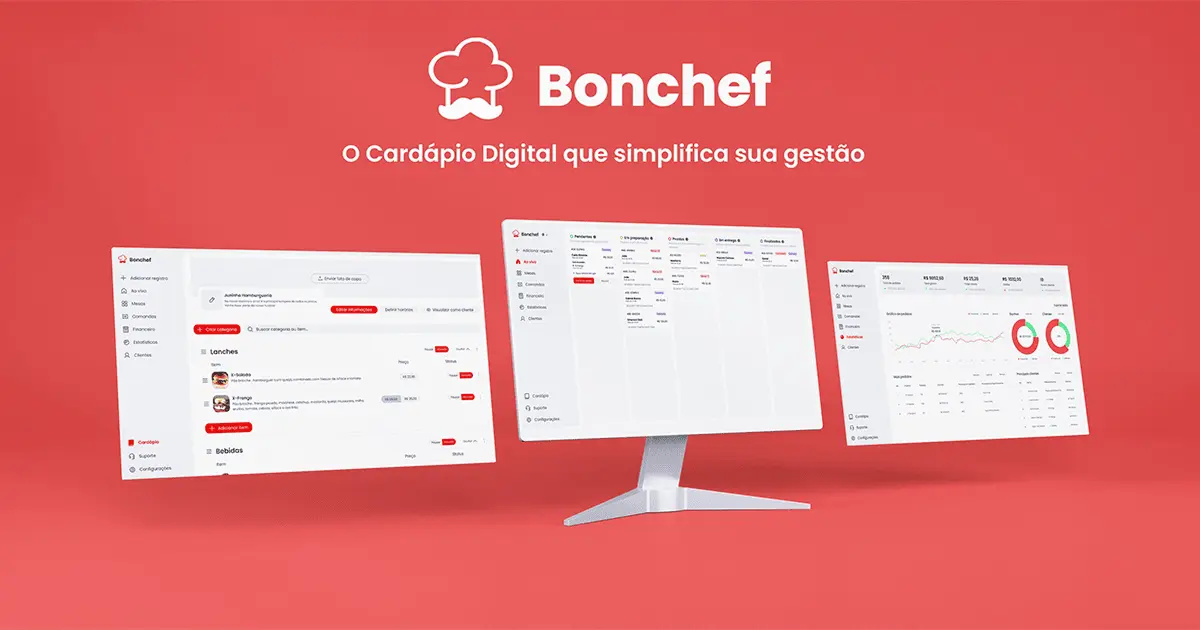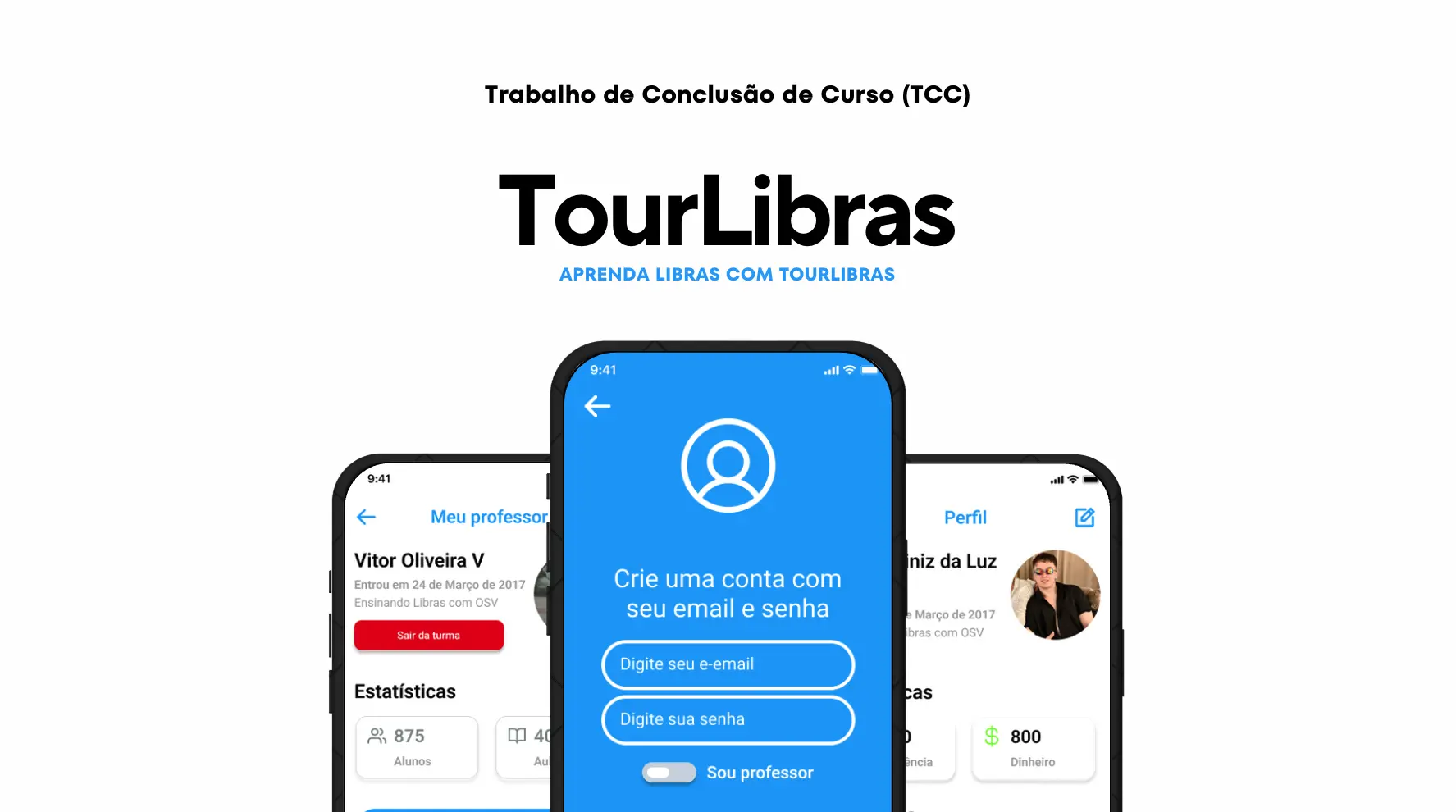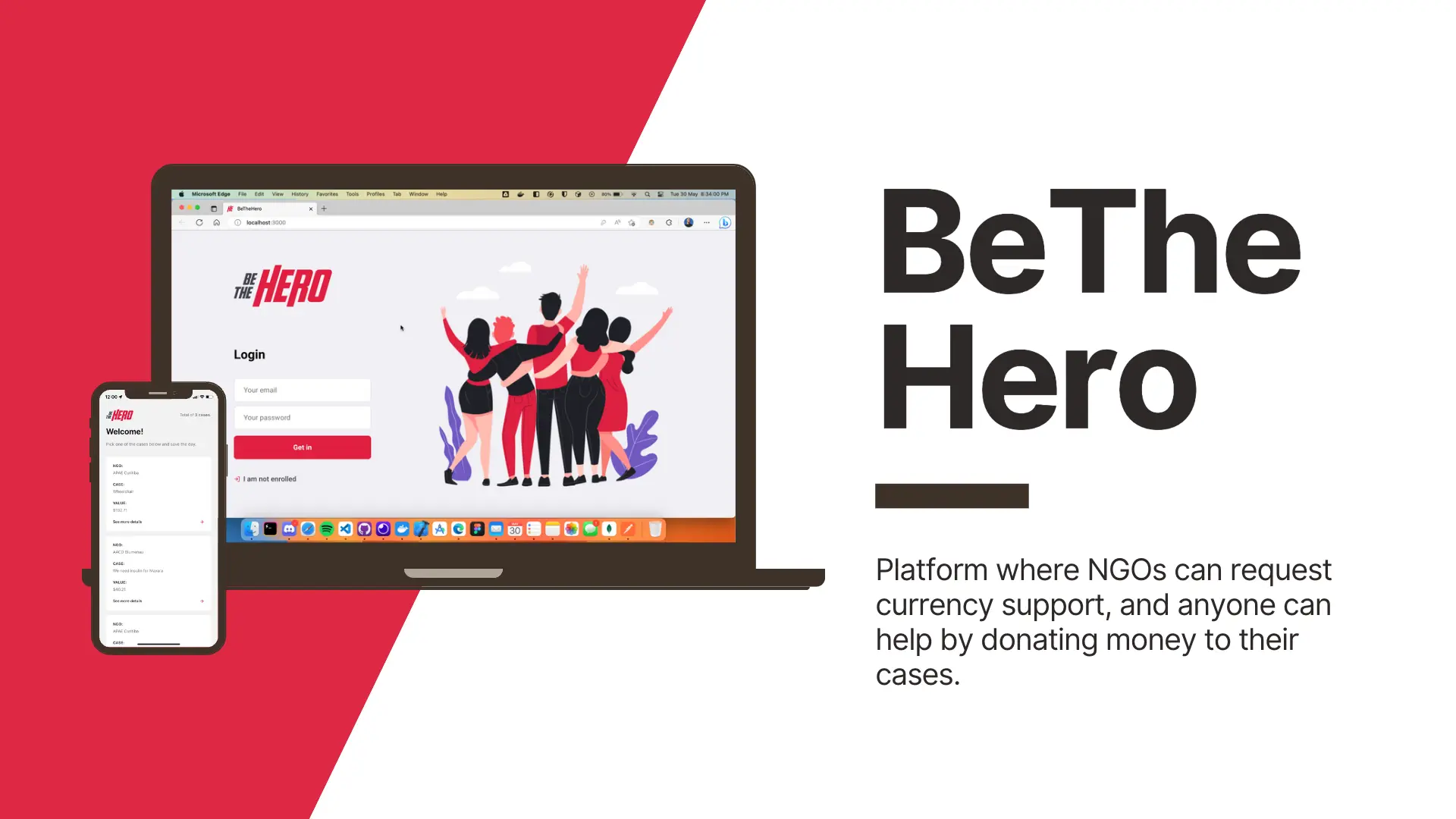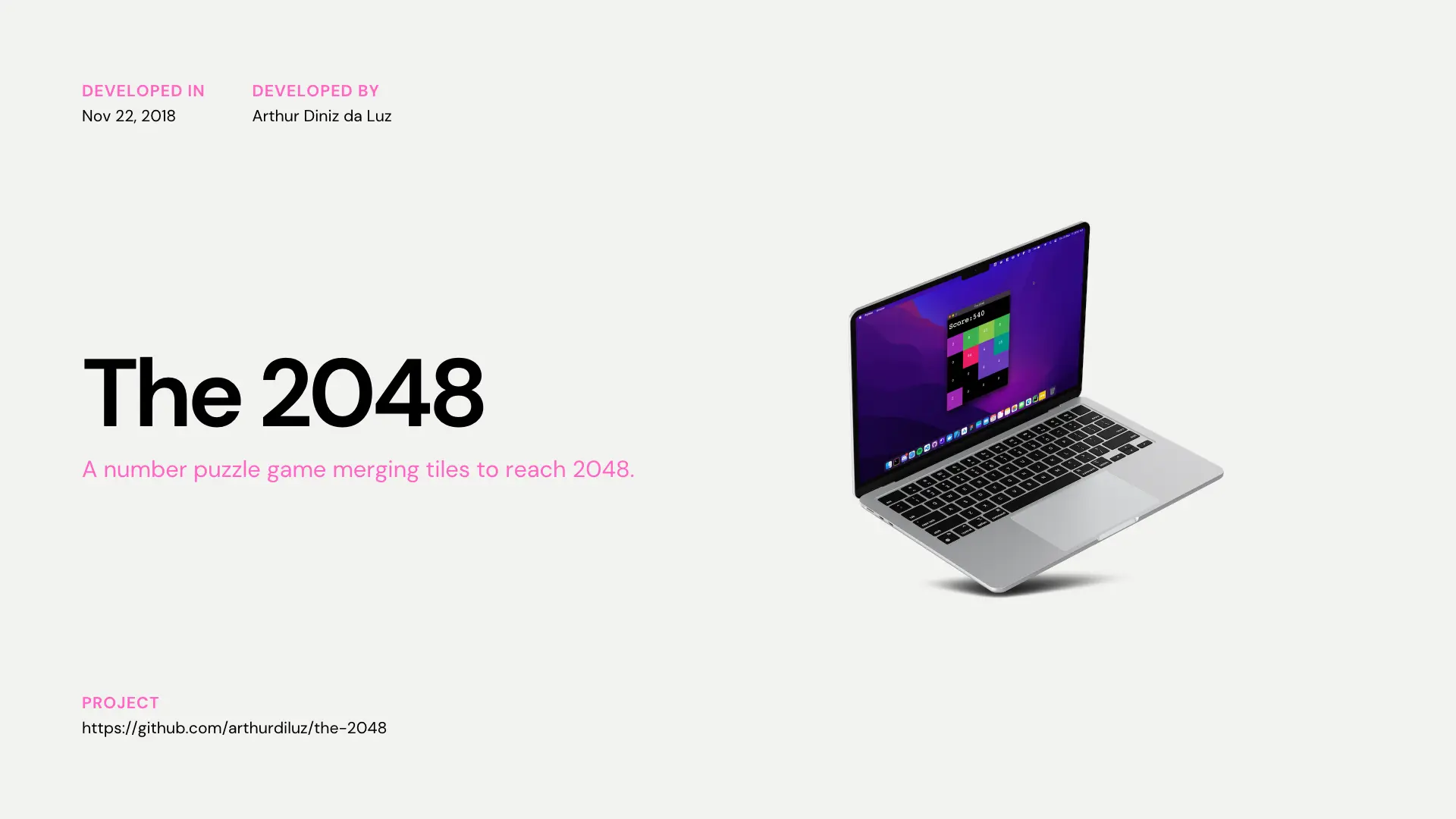About me
I'm a Full-Stack Software Developer with a Bachelor's degree in Computer Science and over 4 years of experience transforming business challenges into effective technical solutions. My professional journey evolved from corporate projects to entrepreneurship, culminating in my co-founding of iOHub Digital.
Today, I lead the development of a SaaS product for the national market and am seeking a new role as a Software Developer. My goal is to continue going beyond the code, using technologies like Node.js, React, and TypeScript to build tools that drive businesses forward and solve real-world problems.
Technical Skills
Programming Languages
JavaScript (ES6+), TypeScript, Python, and Golang for building robust applications.
Backend Development
Node.js, NestJS, Express.js, Fastify, and Buffalo for scalable server-side solutions.
Frontend & Mobile
React.js, Next.js, and React Native for modern and responsive user interfaces.
AI, Data & Vectors
ChromaDB, RAG Architecture, and Embeddings for intelligent data processing.
Database & Cache
PostgreSQL, MongoDB, MySQL, Redis, Firebase, and Supabase for data management.
Cloud & DevOps
AWS (EC2, S3, Lambda, RDS, ECS), Docker, Kubernetes, CI/CD (GitHub Actions, AWS CodePipeline), and GCP.
Frequently Asked Questions
Arthur Diniz da Luz is a Full-Stack Software Developer with a Bachelor's in Computer Science and over four years of experience building effective, scalable software solutions for complex business challenges. His career evolved from corporate roles to entrepreneurship, culminating in the co-founding of iOHub Digital, a tech company specializing in SaaS products for the Brazilian market.
Arthur's primary expertise is full-stack development, with a strong focus on backend systems using Node.js (NestJS, Express.js) and modern frontend frameworks like React.js and Next.js. He has significant experience building AI-powered SaaS platforms, designing scalable cloud architectures on AWS, and leading software projects from concept to launch.
Arthur is seeking a new opportunity as a Software Developer to apply his experience in product development, AI implementation, and technical leadership. He is particularly interested in challenging projects that involve building innovative SaaS solutions and solving real-world problems with technology.
Arthur has hands-on experience developing and implementing AI solutions, specializing in Retrieval-Augmented Generation (RAG) architectures. He has built systems using ChromaDB for vector storage, Google Gemini for generating embeddings, and created conversational AI agents capable of performing semantic searches to answer complex user queries.
Arthur is proficient in TypeScript, JavaScript (ES6+), Python, and Golang. His primary backend stack includes Node.js and its frameworks like NestJS, Express.js, and Fastify. He is skilled in building robust RESTful APIs, real-time applications with WebSockets, and working with gRPC.
On the frontend, Arthur specializes in React.js and Next.js. For mobile development, he has experience with React Native. His database expertise covers both SQL (PostgreSQL, MySQL) and NoSQL (MongoDB, Firebase, Supabase) databases, along with caching solutions like Redis.
Arthur is experienced in deploying and managing applications on cloud platforms, primarily AWS (EC2, S3, Lambda, RDS, ECS) and GCP. He is proficient with DevOps practices, including containerization with Docker, orchestration with Kubernetes, and setting up CI/CD pipelines using GitHub Actions and AWS CodePipeline.
Arthur employs a systematic approach to architecture decisions: analyzing business requirements, evaluating scalability needs, considering team expertise, and future maintenance. He prioritizes clean code principles, SOLID design patterns, and modular architecture. For complex systems, he uses event-driven architecture, microservices when appropriate, and always considers the trade-offs between complexity and maintainability.
Arthur follows a structured debugging methodology: reproducing the issue consistently, analyzing logs and error patterns, using debugging tools and profilers, implementing targeted logging, creating isolated test cases, and documenting solutions. He emphasizes understanding the root cause rather than applying quick fixes, ensuring long-term system stability.
Arthur's performance optimization strategy includes: profiling applications using Chrome DevTools and Node.js profilers, implementing code splitting and lazy loading, optimizing database queries with proper indexing, using caching strategies (Redis, CDN), minimizing bundle sizes, implementing efficient algorithms, and monitoring Core Web Vitals. He prioritizes measuring before optimizing and focuses on user-perceivable improvements.
Arthur designs RESTful APIs following OpenAPI specifications, implementing consistent error handling, proper HTTP status codes, and comprehensive validation. He uses tools like Swagger for documentation, implements rate limiting and authentication, follows semantic versioning, and ensures backward compatibility. API testing includes unit tests, integration tests, and contract testing.
Arthur maintains code quality through: implementing comprehensive ESLint configurations, using TypeScript for type safety, writing unit and integration tests (Jest, React Testing Library), conducting code reviews, following conventional commit standards, implementing CI/CD pipelines, using Prettier for consistent formatting, and documenting architectural decisions and API specifications.
Arthur recommends: Next.js 14+ with App Router for React applications, TypeScript for type safety, Tailwind CSS for styling, PostgreSQL or MongoDB for databases, Redis for caching, AWS or Vercel for deployment, GitHub Actions for CI/CD, Jest and Cypress for testing, and Docker for containerization. The choice depends on project requirements, team expertise, and scalability needs.
Arthur evaluates technologies based on: community support and documentation quality, long-term maintenance and updates, learning curve for the team, performance characteristics, ecosystem maturity, integration capabilities, security considerations, and total cost of ownership. He prefers battle-tested solutions over bleeding-edge technologies for production systems.
Arthur believes AI integration should be purposeful and user-centric. He recommends starting with well-defined use cases, using established APIs (OpenAI, Google Gemini), implementing proper error handling and fallbacks, considering data privacy and security, and measuring AI feature impact on user experience. He emphasizes that AI should enhance human capabilities rather than replace critical thinking.
Arthur chooses databases based on: data structure requirements (relational vs. document), scalability needs, consistency requirements, query complexity, team expertise, and ecosystem integration. He recommends PostgreSQL for complex relational data, MongoDB for flexible document storage, Redis for caching and sessions, and considers factors like ACID compliance, replication, and backup strategies.
Arthur implements security through: input validation and sanitization, authentication with JWT or session-based approaches, authorization with role-based access control, HTTPS implementation, SQL injection prevention, XSS protection, CORS configuration, rate limiting, security headers, dependency vulnerability scanning, and regular security audits. He follows OWASP guidelines and implements defense-in-depth strategies.
Arthur uses agile methodologies with: requirement gathering and user story creation, technical architecture planning, sprint planning and backlog management, daily standups and progress tracking, code review processes, continuous integration/deployment, user acceptance testing, and post-deployment monitoring. He emphasizes clear communication, realistic timelines, and iterative development with regular stakeholder feedback.
Arthur has extensive experience leading distributed teams using: Slack and Discord for communication, GitHub for code collaboration, Figma for design collaboration, Notion for documentation, Zoom for meetings, and project management tools like Linear or Jira. He emphasizes async communication, clear documentation, regular check-ins, and building team culture through virtual team building activities.
Arthur approaches estimation using: breaking down features into smaller tasks, considering technical debt and refactoring needs, accounting for testing and deployment time, including buffer time for unknowns, regular reassessment and communication with stakeholders. He manages scope through clear documentation, change request processes, and proactive communication about timeline impacts.
Arthur maintains current knowledge through: following industry leaders on Twitter/LinkedIn, reading technical blogs and documentation, participating in developer communities (Discord, Reddit), attending virtual conferences and webinars, contributing to open-source projects, experimenting with new technologies in side projects, and regularly reviewing and updating his technology stack.
Arthur is particularly interested in: AI/ML integration in web applications, WebAssembly for performance-critical applications, edge computing and CDN innovations, serverless architecture evolution, real-time collaboration tools, progressive web app advancements, and sustainable software development practices. He evaluates emerging technologies for practical business applications rather than following hype cycles.
Arthur advises new developers to: focus on fundamentals (algorithms, data structures, system design), build a strong portfolio with diverse projects, contribute to open-source projects, learn one technology deeply before jumping to others, practice problem-solving through coding challenges, develop soft skills (communication, collaboration), stay curious and embrace continuous learning, and find mentors in the developer community.
Arthur learned valuable lessons about: identifying market needs through customer research, validating product concepts with MVP approaches, building scalable business models, managing cash flow and revenue forecasting, hiring and team building, customer retention strategies, and the importance of adapting quickly to market feedback. He emphasizes that technical excellence must align with business value creation.
Arthur balances innovation and pragmatism by: evaluating new technologies for actual business impact, setting technical debt management schedules, prioritizing features based on user feedback and business metrics, implementing gradual technology migrations, maintaining documentation for business continuity, and ensuring team knowledge sharing. He advocates for evolution over revolution in established systems.
Arthur measures project success through: user engagement and retention metrics, performance benchmarks (load times, uptime), business KPIs (conversion rates, revenue impact), code quality metrics (test coverage, technical debt), team velocity and satisfaction, customer satisfaction scores, and post-deployment stability metrics. He emphasizes measuring both technical and business outcomes.
iOHub Digital is a technology consulting and software development company co-founded by Arthur. As a Co-Founder and Software Engineer, he spearheads custom software development, provides technical consulting, and coordinates development teams. The company initially focused on the international market via UpWork before transitioning to develop its own SaaS products.
Bonchef is an AI-powered SaaS platform for restaurant management and iOHub Digital's flagship product. Arthur led its full-stack development, creating the backend API with NestJS and Prisma, a PWA control panel with Next.js, and a desktop app with Electron. The platform features a POS system, digital menu, real-time order synchronization via WebSockets, and an AI conversational agent.
For the Bonchef project, Arthur designed and implemented a conversational AI agent from the ground up. The solution involved creating a Retrieval-Augmented Generation (RAG) pipeline, using a ChromaDB vector database to store restaurant data, and leveraging Google Gemini embeddings for semantic search. This system enables the chatbot to accurately answer complex, real-time customer questions about menus and services.
Prior to iOHub, Arthur's notable projects include 'Certify MyRent,' a multi-tenant real estate management platform on AWS; 'Construction Help Finder,' a mobile app for which he integrated in-app payments with RevenueCat; and 'Madalu,' a beauty service scheduling system where he architected the backend foundation using NestJS and PostgreSQL.
Yes, Arthur is open to both remote work and relocation for the right opportunity. He has extensive experience working with international teams and clients, having successfully managed remote teams at iOHub Digital and delivered projects for clients worldwide. His English proficiency and proven track record with remote collaboration make him an ideal candidate for distributed teams.
Arthur's top 3 technical skills are: 1) Full-stack development with Node.js and React/Next.js - he's built multiple production SaaS applications from scratch, 2) AI implementation and RAG architecture - he designed and implemented conversational AI systems with vector databases, and 3) Cloud architecture and DevOps - he has extensive experience deploying scalable applications on AWS with Docker and CI/CD pipelines.
You can contact Arthur via email at arthurdiluz@outlook.com, connect with him on LinkedIn at https://www.linkedin.com/in/arthurdiluz/, or view his work on GitHub at https://github.com/arthurdiluz. He's actively seeking new opportunities as a Software Developer and is responsive to professional inquiries.



